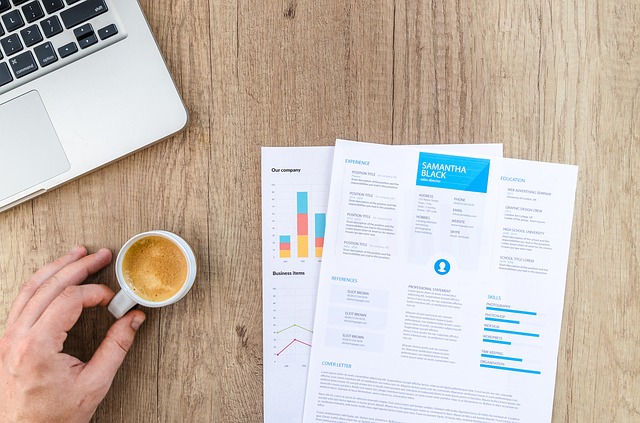
Part of living in an advanced society is dealing with money. Your expenses often seem to have a way of expanding with your income. In spite of this situation, you can learn to manage your finances so you can save your money rather than endlessly spending it.
Market trends are important in forex trading. You need to have your finger on the pulse of the forex markets, so you can take advantage of market inefficiencies. When the prices are in mid-swing, avoid selling. Your goals must be really clear when you don’t ride a certain trend out completely.
Times are tough, and it can be a good idea to keep your savings in a number of places. You may place money in savings accounts, checking accounts, stock investments, high-yield accounts or gold investments. Use these ideas to make sure your money is safe.
Managing your finances is essential to your success. Profits should be protected and capital invested. Allocating profits into capital to build a larger foundation for growth is acceptable, however, managing those profits wisely allows you to see return from your investments. Set a strict program on what profits are kept and what profits are reallocated into capital for your business.
Avoid debt in order to improve your personal financial situation. Although there may be times that debt is unavoidable, try your hardest not to rack up high balances on credit cards. The less you have to borrow, the less hard-earned money you will lose to interest and fees.
Put money in your savings account every month by setting up a direct transfer from checking to savings. This method makes it easier to increase your savings over time. It can also help for big purchases later, like a vacation.
Buying a car or house are usually the biggest purchases most people make. Paying the interest on these things often eats up a lot of money each month. You can pay these items faster simply with an additional payment every year, or you could make use of your tax refunds for paying the balance.
Track all your spending through the day. Even the small, inconsequential purchases. You may be surprised at what you spend. However, if you write it in a notebook that gets closed and set aside until you open it again the next day, it might become a case of “out of sight, out of mind”. If you list your expenses in a noticeable area, such as on a marker board, this may help. This way you will be confronted with it often, and the message will stay in your mind.
Spread your purchases across several credit cards instead of using one that is nearing your credit balance limit. The interest should be a lot less on two or more cards than it would be on the one that is nearly maxed out. This should not hurt your credit score; you might even be able to increase it if you always pay your bills on time.
Stabilize your finances by opening a savings account and regularly depositing a set amount. This will make it less likely that you will have to get a loan when extra money is needed, and you will be able to deal with emergencies. You may not be able to save a ton each month, but save what you can.
It can be helpful to talk with a relative or friend who works with finances to get insight on how to properly manage your money. If one doesn’t know any finance professionals, a good substitute is a friend or family member who is especially good with their finances.
By having a savings account that you deposit into regularly, you will be building financial stability. With a savings account, you can avoid needing a loan when finances are diminished or if something unexpected occurs. It doesn’t matter if you save a whole lot each month or just a little; what is important is that there is a contribution each month.
Use these tips to adopt a new approach toward your finances and be more responsible. Be patient with improving your finances as it could take some time. Similar to dieting, it will not change all in one day. You will start to see a change, if you are patient.